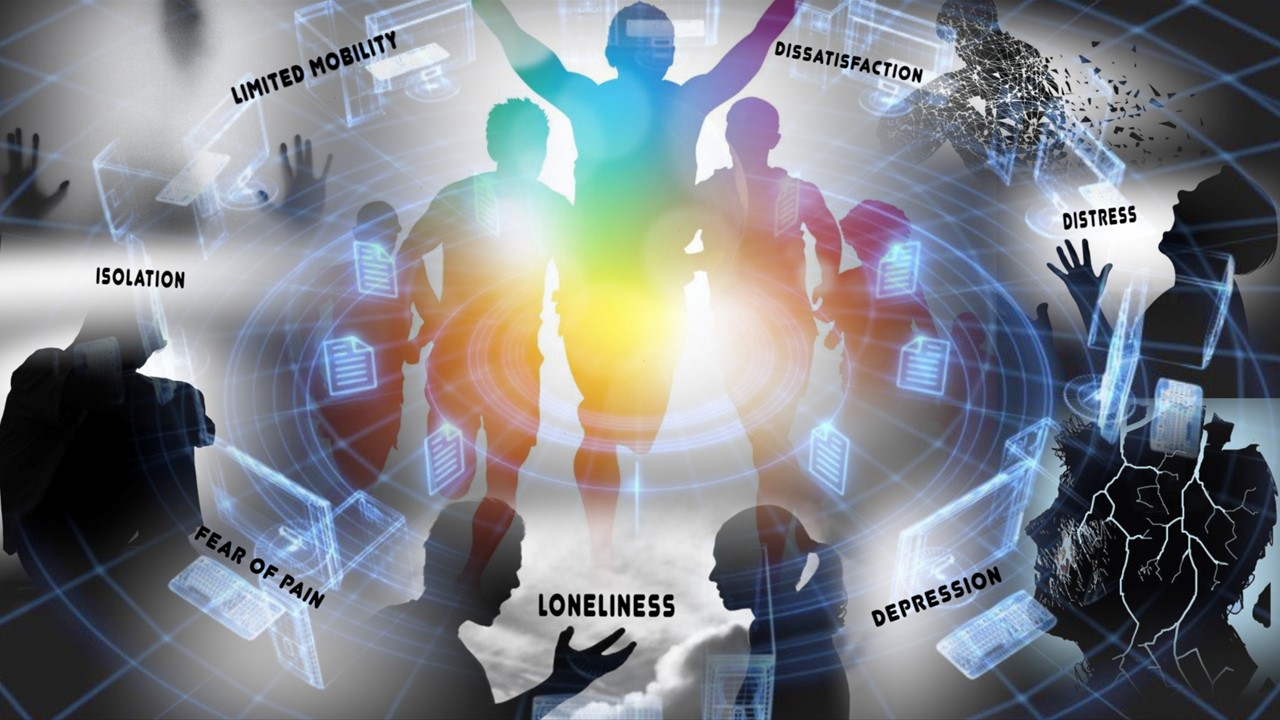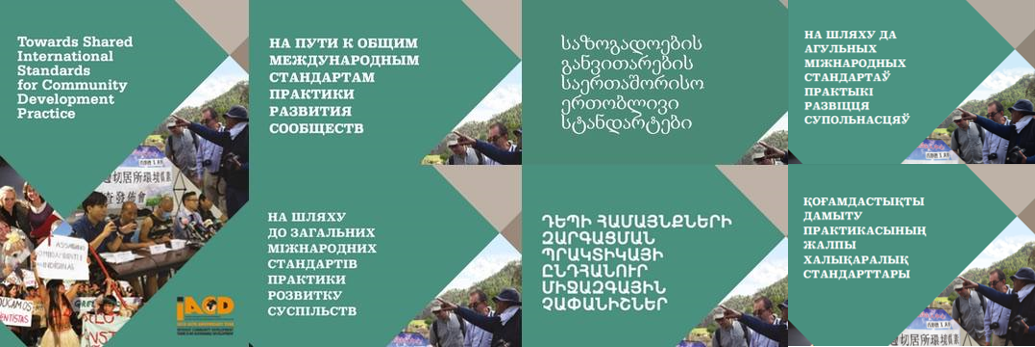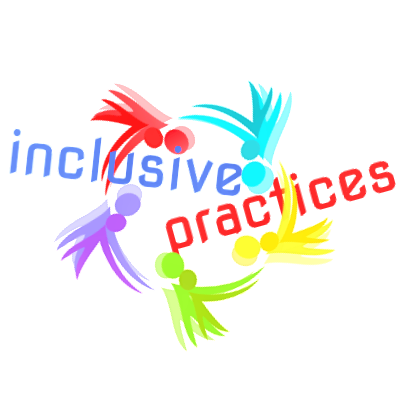THE INCLUSIVE PRACTICES NETWORK
Despite the fact that the former republics of the Soviet Union have diverged significantly, and they differ in the types of political regimes, other than the three Baltic States, which joined the E.U, for the remainder in cultural and social aspects – it is still a single space. Of the 295 million people living in the former Soviet Union, more than 30 million people have disabilities. And this is a low estimate, because many parents are afraid of the stigma of “disabled” for their child and try to manage on their own, without seeking state or medical support. In Soviet times, there was a well-established system of special institutions for disabled people with full state support, based upon a general policy of complete social isolation from the rest of society. The collapse of the Soviet Union in 1991 and the subsequent long economic and social crisis destroyed this well-established system of ‘support’. In addition, families raising children with special needs lost guaranteed state medical and other care.
Paradoxically, in a state that for 74 years had declared communistic development values, community development as practice-based profession and an academic discipline had not been established. This in turn meant that there was virtually no availability of professional community development practitioners to promote community based social inclusion models as opposed to institution based social exclusion models of support for disabled people. So, the emergence of local community organisations working with people with disabilities were very new and very unstable, with these organisations citing lack of money, state support, and negative public reactions, but also constant stress and rapid emotional burnout of community members. Even the more successful organisations noted the level of depression among members and a frequent feeling of inner emptiness even after very successful social inclusion projects had been established.

It was against this context that The Inclusive Practices Network (IPN) was launched in 2008. The aim of IPN was bring together community development and disability initiatives across the successor states of the former Soviet Union and to promote community development as practice-based profession. IPN was founded by a group of graduates of Moscow State University (Russia) who completed training and internships in human resource development and social work, and who, inspired by their supervisor Dr. Vladimir Matvievskiy, had become active in the field of disability. The IPN was developed by the efforts of 30-35 volunteers and existed on private donations. IPN currently brings together more than 450 communities of people with disabilities and their families from eleven, mostly post-Soviet, countries.
A person with a disability constantly lives with the circumstances and consequences of their disability: limited mobility/behavioral capacity, dependence on others, fake and hostile reactions, the presence and possibility of pain, dissatisfaction, depression, loneliness, alienation. But it’s also evident, that social isolation and lack of self-actualization significantly deteriorates the quality of life of a disabled person. At the same time, awesome strength of mind, mobilization, efficiency, sincerity, hypersensitivity … are just some of the qualities that disability also brings when given the opportunity to become socially included within the wider society. With guidance, an ability to empathize, to feel another person, the willingness to help and be helpful can be highly developed in people with disabilities. Inclusive Practices see these potential strengths in all disabled people as the basis for our approach to training in community development.

The past twelve years have demonstrated that an inclusive practices approach is the right one. Communities where people with disabilities and/or parents of disabled children learn and are encouraged to be active members within the wider community are much more sustainable. This kind of learning is about putting the valuing of inclusion and diversity into practice, supporting people with disabilities and their families to be active participants in designing and planning activities within the wider community. It is important to note that community development learning is much more than just a social or professional activity for a person with a disability and their family. It is an opportunity to feel needed, which immensely helps overcome depression and burnout of both the disabled themselves, their loved ones, and other people around them.
In January 2018, the IPN opened its head office and a training center in Ureki (Georgia). Now the IPN has 4 full-time stuff and more than 70 irreplaceable volunteers who have been involved in the IPN’s projects for more than 5 years. IPN’s main source of revenue comes from seminars, workshops, and other training support held at the center and around post-Soviet countries. Private contributions and donations also make up a significant part of the IPN’s funding.
The following are some examples of how IPN supports community development practitioners working with disabled people.
Community development training
One of the IPN’s projects was to inspire and assist in organizing the first associations of parents of children with autism in Russia and Kazakhstan. The idea of the project being to train the parents of children with disabilities to become community development practitioners. In doing this, IPN was supporting parents who for years had had to face a cultural attitude within their communities of “accept the inevitable, your child will never be like everyone else, there’s no place for him/her in the “normal” life; it’s better to put him/her in an institution where he/she will be taken care of and feel safe. We wanted to give support to the parents in order to challenge these attitudes. As a result of this project, in 2013 the government of Kazakhstan supported the IPN by providing permanent funding for local inclusive communities in Kazakhstan. This created more than 30 paid jobs for mothers of disabled children to be community development practitioners.
Internship programs
The purpose of this project is to offer short and long-term residential internship programs for future and actual community development practitioners working with disabled people. These programs are based in the Inclusive Practices village in Ureki, which was built by a community of parents of children with autism at their own expense not far from the IPN head office and training center. The idea of the internship is in immersion in everyday life of the community with its daily routine, together with special training through master classes. This allows a disabled person and his/her family to learn to deal with their stress and depression in a safe environment, allowing the disabled person to learn to control his/her psychological and emotional state and supporting the learning of the community development practitioners.
Inclusive events
We pay great attention to the organization of international inclusive events such as the annual Inclusive Practices Festival ‘Pushing the Limits’ Inclusive Community Development Conference and the ‘Best Inclusive Practices’ competition. The first festival was held in October 2018, in Ureki. It was attended by non-governmental associations, representatives of universities, leaders, organizers, and participants from inclusive communities, as well as creative teams from countries across the post-Soviet space and Western Europe. The goal of the festival through plenary sessions and workshops, is to share the best international inclusive practices projects, as well as to facilitate full access to them by parents, specialists, organizers of inclusive communities and other interested parties. This festival was supported by the International Association for Community Development – IACD and we used the opportunity of this event to launch the Russian and Georgian language versions of the International Standards for Community Development Practice. This launch was not only useful for practitioners, but also pushed several universities in the post-Soviet region to introduce community development as an academic discipline. The IACD Standards have since been translated into six languages of post-Soviet countries.

The idea of an Inclusive Practices Festival has resonated with local communities in other countries. In 2018-2019, events of this kind took place in Armenia, Belarus, and Ukraine. The Festival is intended to become an annual traditional event and despite the state borders being closed due to the COVID-19 pandemic, in 2020, it will be held in remote format as a weeklong Inclusive Practices Marathon. The integration of two genres – festival and conference, in one inclusive event has proven to be quite successful. The cultural program of the festival demonstrates creative and sport achievements of inclusive communities, the strength of their spirit and the incredible victories of persons with disabilities. The opportunity to share their success with the audience inspires them and gives them incentive to move forward. At the same time, the conference program gives an opportunity for professional exchange and development of connections and cooperation among the participants of inclusive projects from different countries.
Virtual support
One of IPN priorities is accessibility. and that is possible thanks to modern online technologies. In 2017, we launched the free online Inclusive Practices Catalogue in three languages (Russian, English and Ukrainian). The Catalogue is also accessible for visually impaired people. It is continuously updated and shares the experience of more than 450 inclusive communities in Post-Soviet space countries. We videotape all the inclusive events held by the IPN and publish the videos in this online Catalogue.
Our story is published as a case study in the Handbook “International Community Development Practice“


